Mark Twain and the Colonel
By Philip McFarland
NONFICTION
Mark Twain and the Colonel
Loves of Harriet Beecher Stowe
Hawthorne in Concord
The Brave Bostonians
Sea Dangers
Sojourners
FICTION
Seasons of Fear
A House Full of Women
Mark Twain and the Colonel
Samuel L. Clemens, Theodore Roosevelt, and the Arrival of a New Century
Philip McFarland
Rowman & Littlefield Publishers, Inc.
Lanham Boulder New York Toronto Plymouth, UK
Published by Rowman & Littlefield Publishers, Inc.
A wholly owned subsidiary of The Rowman & Littlefield Publishing Group, Inc.
4501 Forbes Boulevard, Suite 200, Lanham, Maryland 20706
www.rowman.com
10 Thornbury Road, Plymouth PL6 7PP, United Kingdom
Distributed by National Book Network
Copyright 2012 by Rowman & Littlefield Publishers, Inc.
All rights reserved . No part of this book may be reproduced in any form or by any electronic or mechanical means, including information storage and retrieval systems, without written permission from the publisher, except by a reviewer who may quote passages in a review.
British Library Cataloguing in Publication Information Available
Library of Congress Cataloging-in-Publication Data
McFarland, Philip James.
Mark Twain and the Colonel : Samuel L. Clemens, Theodore Roosevelt, and the arrival of a new century / Philip McFarland.
pages cm
Includes bibliographical references and index.
ISBN 978-1-4422-1226-8 (cloth : alk. paper) ISBN 978-1-4422-1228-2 (electronic)
1. United StatesCivilization18651918. 2. Twain, Mark, 18351910Influence.
3. Roosevelt, Theodore, 18581919Influence. I. Title.
E169.1.M1616 2012
973.8dc23
2011051861
 The paper used in this publication meets the minimum requirements of American National Standard for Information SciencesPermanence of Paper for Printed Library Materials, ANSI/NISO Z39.48-1992.
The paper used in this publication meets the minimum requirements of American National Standard for Information SciencesPermanence of Paper for Printed Library Materials, ANSI/NISO Z39.48-1992.
Printed in the United States of America
for
PATRICIA
again, always
Do not all these things interest you? Isnt it a fine thing to be alive when so many great things are happening?
Theodore Roosevelt, 1903
These are sardonic times.... But I am not sorry to be alive & privileged to look on.
Mark Twain, 1897
Preface
One dominated the culture of his era, the other its politics: two towering Americans alive at the beginning of the twentieth century who, more than a hundred years later, are still vital, still known worldwide. Mark Twain and Theodore Roosevelt were often in New York City at that period of their lives; and because both were gregarious, their paths were bound to cross. Each was a prolific writer, and on a wide variety of subjects. In addition, each filled other professional roles besides authorship, Mark Twain principally as a lecturer, Roosevelt as a politician. They had first met in the mid-1880s. In their many appearances before the public thereafter, neither was heard to speak ill of the other; but in private they unburdened their minds more candidly, Roosevelt on one occasion volunteering that he would like to skin Mark Twain alive, and Mark Twainor, to give him his name in the census, Samuel L. Clemenssetting down that Roosevelt, in addition to sometimes acting like a lunatic, was far and away the worst President we have ever had.
The years when those remarkable, very different lives overlapped were exciting ones in our history, specifically the two decades on either side of the birth of a new century, from 1890 to 1910. So much of what we now know as America came into being during those twenty years. An agrarian union of states from before the Civil War had given way to a postbellum industrialized nation. In 1893, the frontier, which had been crucially formative in our historypart of what made the United States different from all other countrieswas pronounced closed, the census three years earlier having found no uninhabited portions of the land left to penetrate, clear, and settle. In 1896, the Supreme Court decreed in effect, in Plessy v. Ferguson , that relations between the two races, black and white, were to be kept socially separateseparate but equala decision that stood until 1954; remnants of that iniquity litter our lives still. In 1898, America fought a war that transformed the nation abruptly into a world power, at the same time that one of its army officers, Colonel Theodore Roosevelt, became a national hero at age thirty-nine. In 1901, that hero was elevated to the presidency of the United States; and a year later he brought the force of his administration to bear upon trusts, huge corporate entities that had come together late in the preceding century, at a time of exploding growth and vast technological advances, as something entirely new in our economic life. Nothing like the truststhe beef trust, the sugar, oil, steel, glass, tobacco trustshad been seen in America until then; and it was during the years immediately after the turn of the century that the government refined the tools to trim their burgeoning excesses. It was, moreover, the patrician president Theodore Roosevelt who first wielded those tools; and during the same years it was Mark Twain, the Missouri democrat Samuel L. Clemens, who counted as his best friendthe best friend that ever a man hadan official presiding at the pinnacle of one such trust, and that the most intimidating of them all. H. H. Rogers of the Standard Oil Company, Hell-Hound Rogers, was far better known for his ruthlessness in business dealings (which Clemens, observing, admired) than for the very real generosity and considerateness he showed in private life.
Mark Twain and the Colonel tells the story of those rich decades in America through the fully engaged involvement of two of its most lively participants. The narrative unfolds in six sections, each focusing on a different aspect of the United States then that continues to matter after yet another century has opened, even this far along: America as an imperialist nation, America as a continental nation, America as a racial nation, America as a corporate nation, America in its domestic manifestations, and America striving for peace. Thus, while adhering roughly to chronology, the organization of what follows is thematic. As such, it lets us come to know the protagonists as we do our friends, not step-by-step from birth to death, but by entering lives at an all but arbitrary point, from which incrementally, through succeeding days, in succeeding pages, we gain insights and revelations as we watch Clemens and Roosevelt respond to concerns of their age. The scheme involves repetition (as with our friends in life), but it is a repetition that helps to orient and emphasize, recalling significant shapes and moments while, at each reminder, taking us more deeply into the subject at hand. That, after all, is how we ourselves livedo we not?chronology informed by a past flowing constantly into the present hour.
The story starts in 1900, with a welcome on the New York piers extended to one of the nations best-loved figures as he returns from nearly a decade of self-imposed exile. It nears its end ten years later, with that same figure returning once more to Manhattan, beshawled, seated in a deck-chair, bowler hat on his head, carried down the gangway while reporters wait on the pier yet again to welcome him home a final time. In the interval, The Great Train Robbery will have flickered its magical moving pictures over nickelodeon walls, the Wright brothers will have got their flying machine airborne at Kitty Hawk, and Henry Ford will have seen his Model T trundled along the assembly line, amid much else serving to move those far-off times at the start of the twentieth century substantially closer to this twenty-first century of ours.
Next page
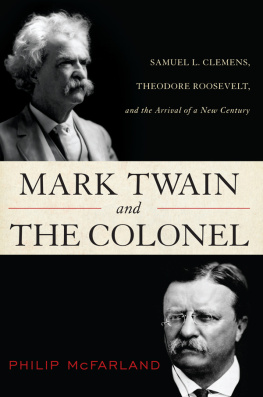
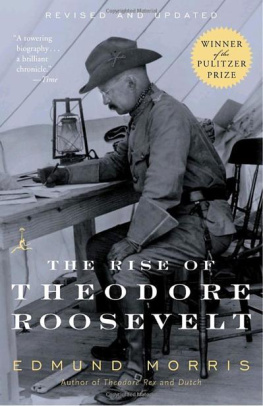
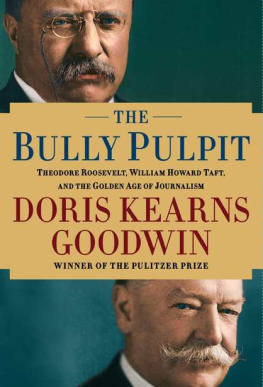
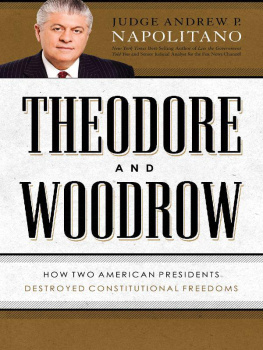
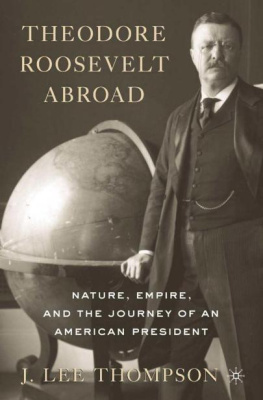

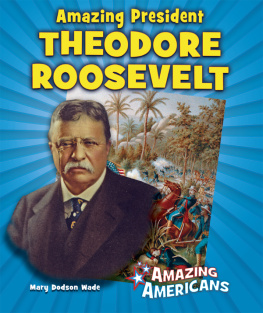
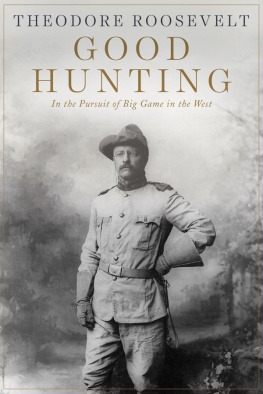
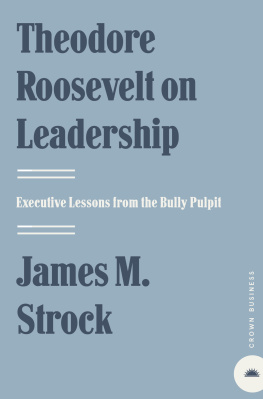
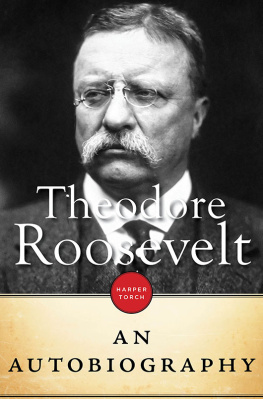
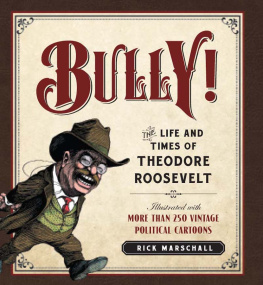
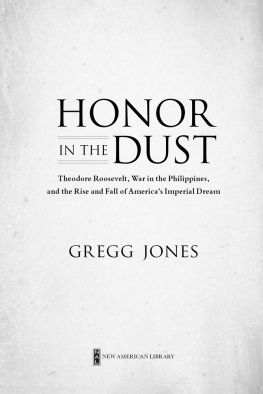
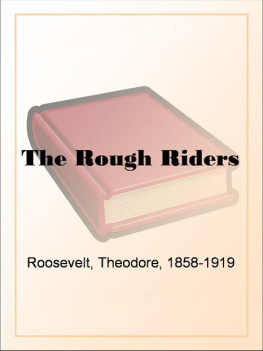
 The paper used in this publication meets the minimum requirements of American National Standard for Information SciencesPermanence of Paper for Printed Library Materials, ANSI/NISO Z39.48-1992.
The paper used in this publication meets the minimum requirements of American National Standard for Information SciencesPermanence of Paper for Printed Library Materials, ANSI/NISO Z39.48-1992.